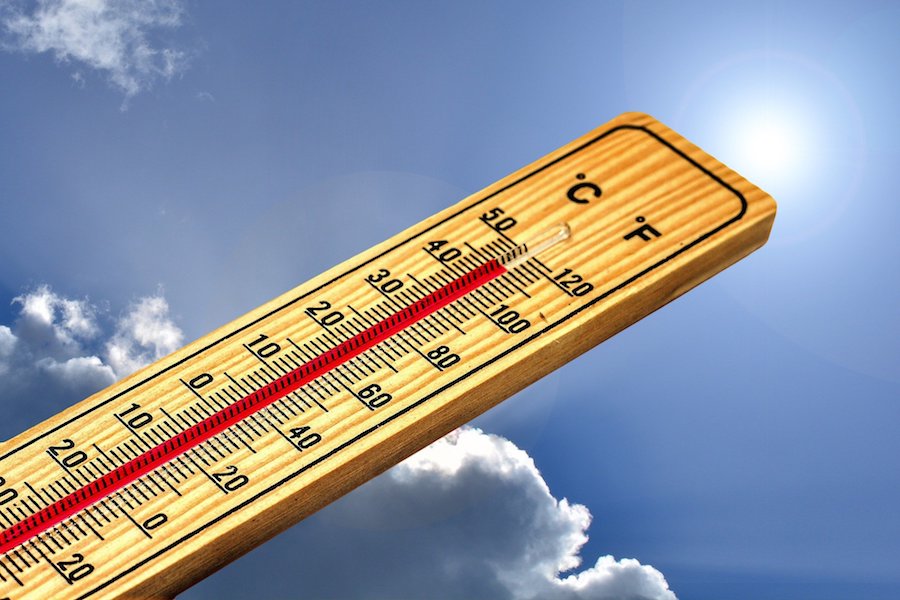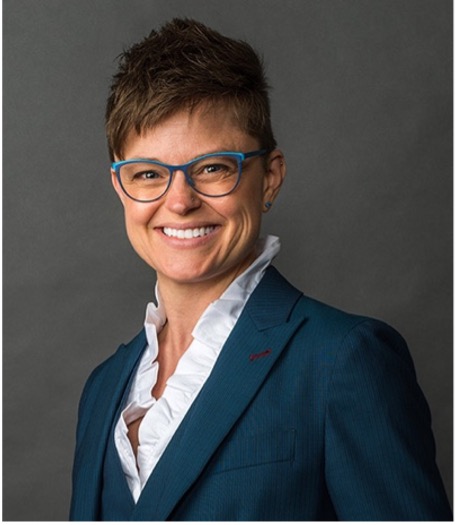Brazil has experienced torrential rainfall for over two weeks causing devastating and ongoing flooding. Reuters reports that “hundreds of thousands of families (are) fleeing the floods, the disaster - which has killed at least 147 people, with 127 still missing - could touch off one of Brazil's biggest cases of climate migration in recent history.”
Many citizens are displaced and the intense droughts and severe flooding caused by climate changes have led officials to discuss rebuilding their cities in higher grounds, a movement known as climate migration.
GW faculty experts are available to offer commentary, insight and analysis on these natural disasters. If you would like to speak with an expert, please contact GW Media Relations at gwmedia gwu [dot] edu (gwmedia[at]gwu[dot]edu).
gwu [dot] edu (gwmedia[at]gwu[dot]edu).
Law
Randall S. Abate, Assistant Dean for Environmental Law Studies at the George Washington University Law School. Dean Abate has taught domestic and international environmental law for almost 30 years at seven U.S. law schools and has delivered lectures in over 25 countries. His areas of expertise include climate justice litigation with special emphasis on protection of youth, Indigenous communities, and other marginalized populations. He also is an expert on climate washing. Dean Abate served as the inaugural Rechnitz Family and Urban Coast Institute Endowed Chair in Marine and Environmental Law and Policy at Monmouth University as well as the Director of the Institute for Global Understanding. Dean Abate has published six books and about 40 law journal articles and book chapter with recent emphasis on climate change law and justice.
Public Health
Lynn R. Goldman, Dean of the GW Milken Institute School of Public Health, is a pediatrician, epidemiologist and national public health expert. She can discuss how extreme weather can upend lives and force people to migrate to a safer location.
Climate Change
Caitlin Grady is an assistant professor of engineering management and systems engineering at the George Washington University. Grady studies the form and functions of interconnected infrastructure across water, food, and energy systems. Her research seeks to combine network models, socio-technical data, and ethical-epistemic analyses to create a more sustainable and secure environment. Grady’s areas of expertise also include adaptation to climate change, climate change impacts on hydropower and the U.S. electricity grid, and managing critical infrastructure under uncertainty.




